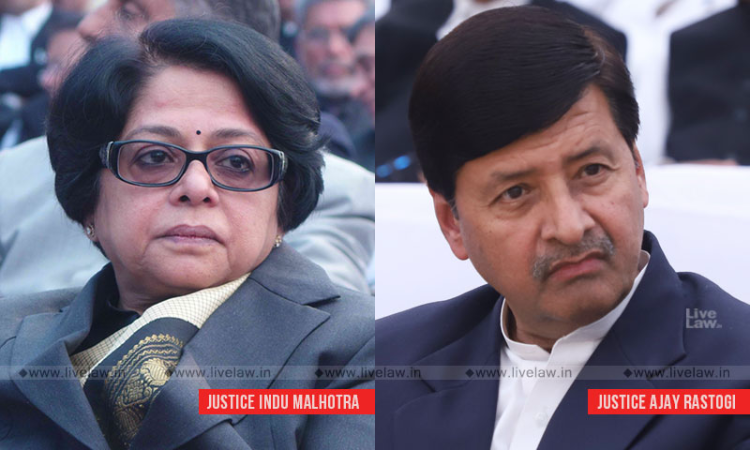The Supreme Court observed that existence of civil remedies by itself is not a ground to quash criminal proceedings.Simply because there is a remedy provided for breach of contract or arbitral proceedings initiated at the instance of the complainant, that does not by itself clothe the court to come to a conclusion that civil remedy is the only remedy, and the initiation of criminal...

